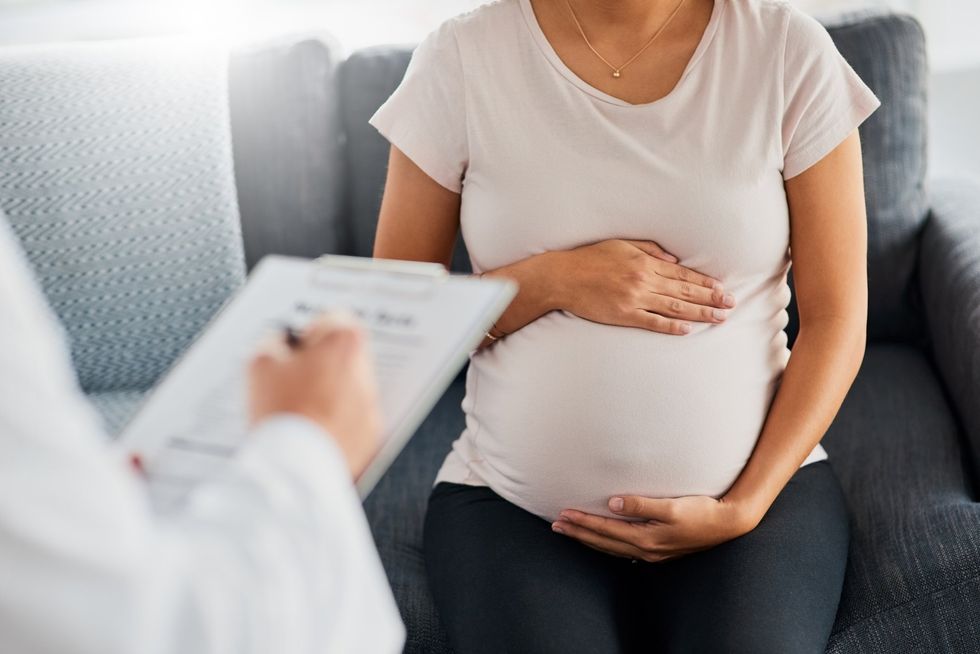Researchers find ‘pronounced’ biological benefits in women after giving birth: ‘Remarkably large decrease in biological age’

Researchers have discovered that pregnancy delivers a special gift to mothers — and it’s not only their newborns.
Last month, a new study published in Cell Metabolism, a peer-reviewed scientific journal, showed that scientists have confirmed what previous studies have shown: Pregnancy takes a toll on a woman’s body in terms of her biological age.
In other words, pregnancy accelerates aging.
But researchers also found that any acceleration can be greatly reversed postpartum.
Researchers tracked more than 100 women through their pregnancies, taking blood samples to measure their biological age and other epigenetic markers. They found the physiological stress from pregnancy accelerated biological age by several years.
But when those same women were studied three months postpartum, researchers found a “pronounced reversal of biological aging,” according to the study.
“The magnitude of the decrease in maternal biological age from the pregnant to non-pregnant state was about 2 to 3 times more than the increase in biological age from early to late pregnancy,” the study said.
Dr. Kieran O’Donnell, an assistant professor at Yale who helped conduct the study, explained:
At three months postpartum, we saw a remarkably large decrease in biological age, by as much as eight years for some individuals, so while pregnancy increases biological age there is a clear (and pronounced) recovery in the postpartum.
Importantly, researchers found that women who breastfed after delivery experienced a greater reversal in biological age.
By contrast, a higher body-mass index negatively impacted the reversal. That means women already experiencing poor metabolic health cannot tap into the fountain of youth that pregnancy apparently provides.
Still, O’Donnell said researchers do not know if pregnancy provides a net-benefit in terms of biological age or if the positive results reflect a body returning to its prepregnancy state.
“We don’t know if the postpartum recovery effect is relevant for short- or long-term maternal health outcomes and if these effects accumulate over successive pregnancies,” he explained. “Likewise, we don’t know if the postpartum decrease in biological age is simply the system recovering to pre-pregnancy biological age or, more provocatively, if pregnancy may have a rejuvenating effect.”
Still, in a culture and time when women are delaying motherhood, it’s good to remember that becoming a mother is natural, good, and healthy for women.
Like Blaze News? Bypass the censors, sign up for our newsletters, and get stories like this direct to your inbox. Sign up here!







